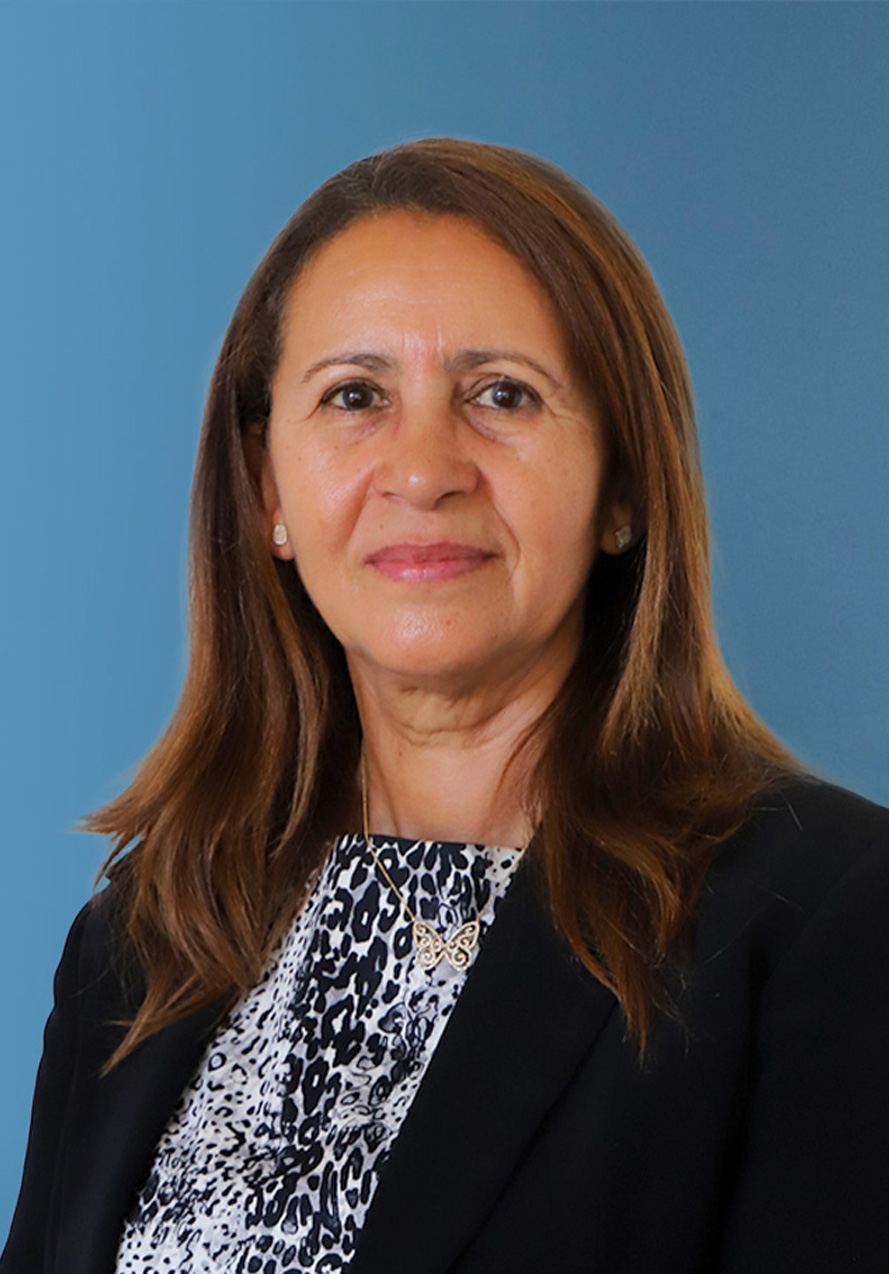يخصص مركز السياسات من أجل الجنوب الجديد حلقة خاصة من برنامجه الأسبوعي "حديث الثلاثاء" لقراءة وتأمل بعض دعامات تقرير اللجنة الخاصة بالنموذج التنموي الجديد الذي يحمل تشخيصاً للأوضاع الاقتصادية والاجتماعية والسياسية بالمغرب، ويقدّم رؤية عن التوجهات، التي ينبغي أن تسير عليها البلاد في أفق 2035. واعتبر التقرير أن النموذج الحالي يكرس تعميق الفوارق ومخاطر التراجع الاجتماعي للطبقة الوسطى، كما رصد وجود أزمة الثقة تجاه الفعل العمومي، في سياق تردي جودة الخدمات العمومية. وقد قدّمت اللجنة، عدة مقترحات استراتيجية مستقبلية، تتمثل أساساً في تنمية الرأسمال البشري، وتفعيل آليات الارتقاء الاجتماعي، والاهتمام بمنظومة التعليم، إضافة إلى إدماج المواطنين كافة، من خلال التمكين والمشاركة الموسعة، وإرساء نظام حماية اجتماعية أكثر فعالية، داعية إلى الحوار والتماسك الاجتماعي. تسيير إيمان لهريش، مسؤولة عن البرامج بمركز السياسات من أجل الجنوب الجديد المتدخلون العربي جعيدي، عضو باللجنة الخاصة بالنموذج التنموي نزهة الشقروني، باحثة بارزة بمركز السياسات من أجل الجنوب الجديد












